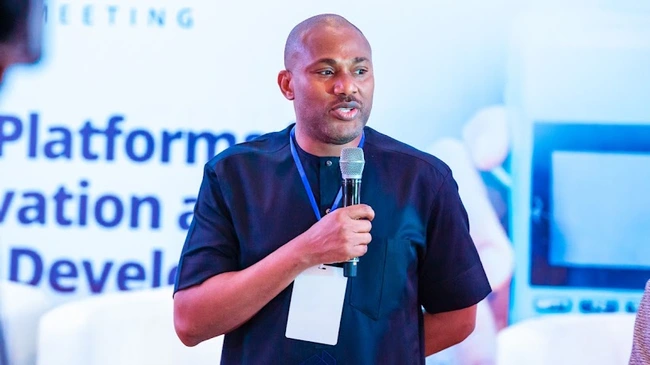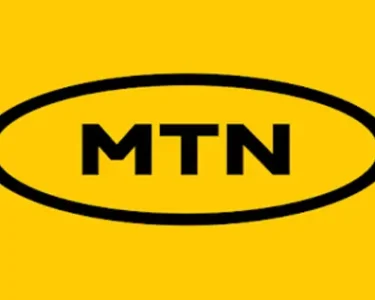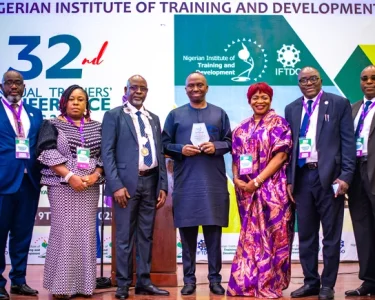equalyzAI, a Nigerian-founded African-centric Artificial Intelligence (AI) start-up, revealed its suite of solutions this week, saying they are designed to democratise AI innovations for the continent by guaranteeing the technology can think and make decisions in native languages.
The start-up, founded by Dr. Olubayo Adekanmbi and Dr. Ife Adebara, stated in a statement that it is addressing one of technology’s most critical equality gaps, guaranteeing AI can understand, analyse, and make decisions in African languages and contexts.
It further said that equalyzAI’s solution addresses the critical exclusion of over 1.5 billion people from meaningful AI engagement.
The company elaborated: “While mainstream AI platforms struggle with non-Western languages and cultural contexts, equalyzAI has developed the world’s first AI models built from the bottom up with African linguistic patterns and cultural nuances at its core.
“One of its pioneering products uLearn, an agentic AI product for education, was recently showcased as a great example of the use of Meta’s large language model (Llama2) to build high-impact solutions.”
Adekanmbi went on to say, “Our mission is about fundamental digital inclusion, not just technology.” When today’s AI systems cannot understand your language or context, you’re effectively excluded from the AI revolution. equalyzAI ensures that African languages, cultures, and contexts play a major role in global AI evolution.”
According to equalyzAI, the company’s hyperlocal Agentic AI possibilities approach is based on the creation of foundational information from which its localised AI learns.
“It has mastered a people-first, linguistics-guided, and data-owner-informed practice through its Pan-African data collection network. The start-up realised that many African-centric AI models now rely on scraped online data, religious texts, radio broadcasts, and generic datasets that fail to catch undocumented conversational styles, dialectal differences, and accent patterns,” the company said.




